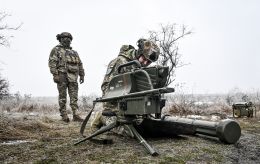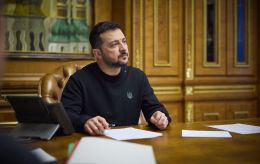European Parliament elections: Parties participating and their stance on Ukraine
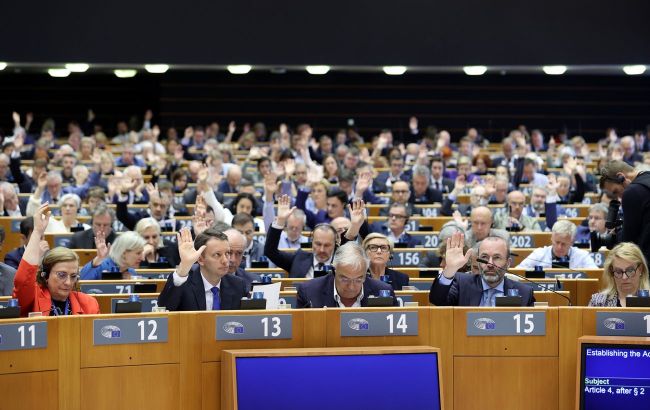 Photo: Who is participating in the elections to the European Parliament (Getty Images)
Photo: Who is participating in the elections to the European Parliament (Getty Images)
The European Parliament elections will take place in the EU next week. Seven major groups, consisting of parties from EU countries, will compete for seats in the pan-European parliament in these elections.
Who is participating in the European Parliament elections and what are the groups' positions on Ukraine are analyzed by RBC-Ukraine.
Contents
- The European People's Party (EPP)
- The Progressive Alliance of Socialists and Democrats (S&D)
- Renew Europe
- The Greens/European Free Alliance (Greens-EFA)
- The European Conservatives and Reformists (ECR)
- Identity and Democracy
- The Left in the European Parliament (GUE/NGL)
In the European elections, which will be held from June 6 to June 9, national parties from EU countries will compete for seats in the European Parliament. However, national parties from different EU countries join pan-European groups.
There are currently seven such groups in the European Parliament:
- The European People's Party (EPP);
- The Progressive Alliance of Socialists and Democrats (S&D);
- Renew Europe;
- The Greens/European Free Alliance (Greens-EFA);
- The European Conservatives and Reformists (ECR);
- Identity and Democracy;
- The Left in the European Parliament (GUE/NGL).
Each group brings together parties with similar domestic and foreign policy views. Therefore, each group can have different positions regarding Ukraine. Below, RBC-Ukraine will discuss each of the European Parliament factions and their stance on Ukraine.
The European People's Party
The European People's Party (EPP) group is the largest in the European Parliament (formed around the eponymous pan-European party) and consists mainly of politicians with Christian-democratic, conservative, and liberal-conservative orientations. Today, the EPP has 176 seats in the European Parliament.
Among the most well-known members of the EPP are Germany's Christian Democratic Union (CDU) and Christian Social Union (CSU), represented by former Chancellor Angela Merkel and current President of the European Commission Ursula von der Leyen.
Previously, the Hungarian Fidesz party, led by the controversial Hungarian Prime Minister Viktor Orbán, was also part of the EPP. However, in 2021, Orbán's party decided to leave the EPP and later the pan-European party altogether. In reality, Orbán preempted the EPP, which itself planned to expel Fidesz from its ranks.
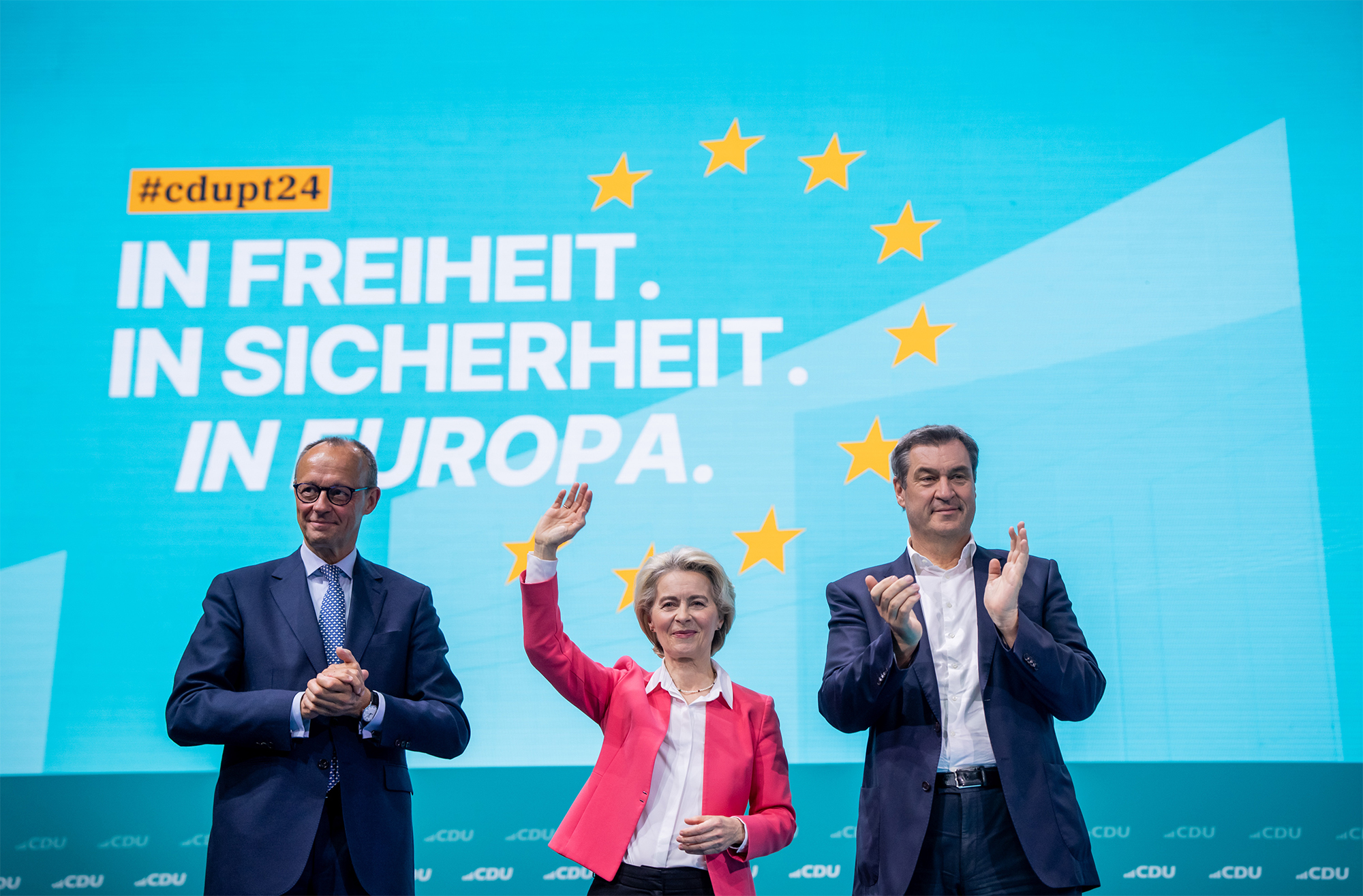
Photo: European Commission President Ursula von der Leyen is a representative of the EPP (Photo: Getty Images)
The official reason for this split in Fidesz was the supposed migration crisis of 2015, but the relationship between Orbán's party and the EPP had started to deteriorate earlier due to the Hungarian prime minister's political war with Brussels. Orbán's negative stance toward Ukraine also played a significant role.
The European People's Party is undoubtedly on the side of Ukraine. This is true both in the matter of Russia's criminal aggression and in Ukraine's bid to join the European Union. In March of this year, the EPP even proposed its plan for Ukraine's victory, which included increasing military, economic, and political support for Ukraine.
"The situation in Ukraine will always be important to us, so Europe must be united, strong, and active in your support. Europeans are very close to Ukrainians and stand in solidarity with you in your struggle. And I hope for our joint future success in the family of European nations,” said the President of the European People’s Party Manfred Weber.
The Progressive Alliance of Socialists and Democrats
The Progressive Alliance of Socialists and Democrats (S&D) is the leading center-left political group in the European Parliament and the second-largest one. Today, the S&D has 139 seats in the European Parliament.
The S&D includes, among others, Germany's Social Democratic Party (SPD), which the current Chancellor Olaf Scholz hails from.
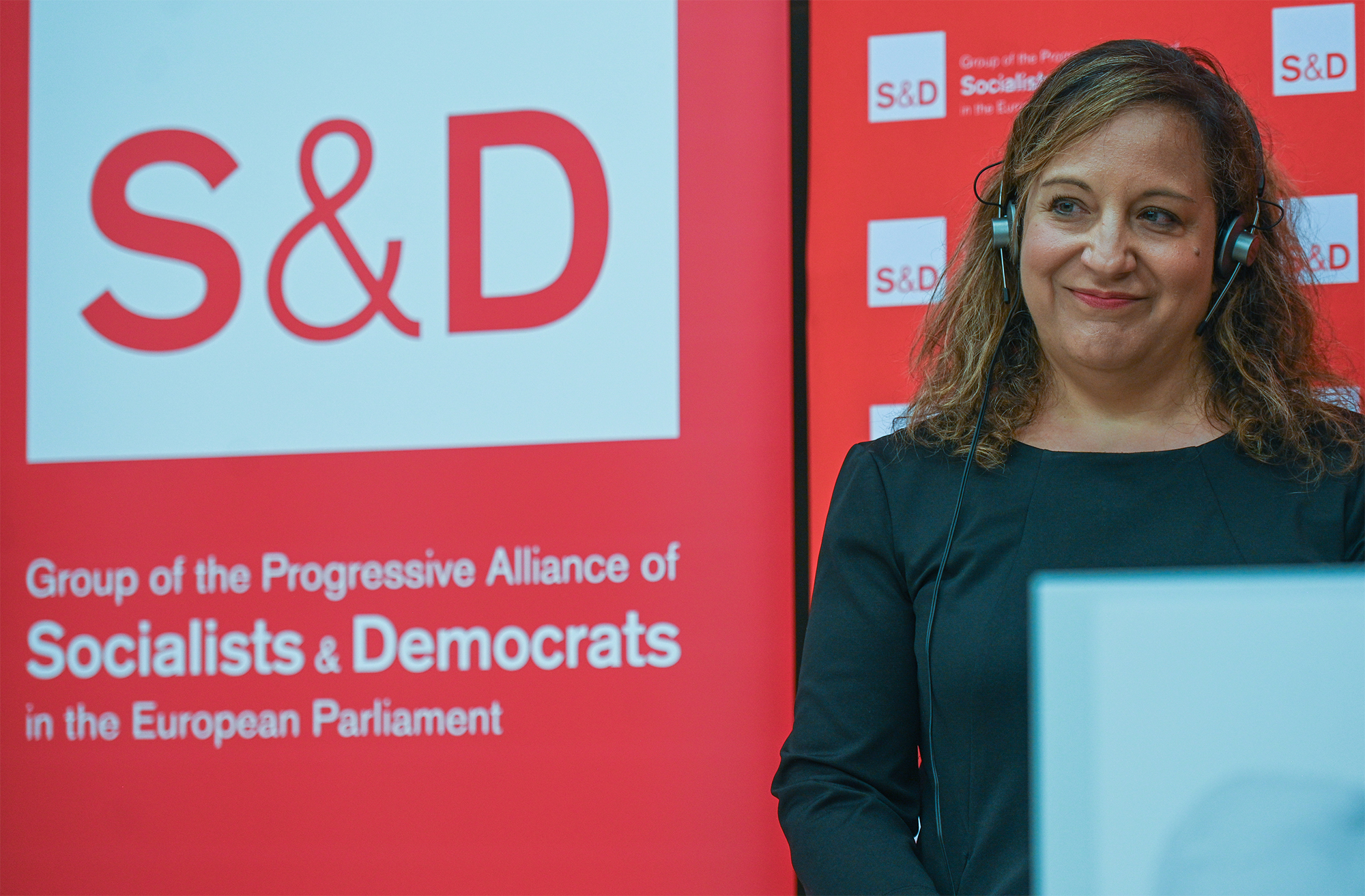
Photo: The S&D is one of Ukraine's friends in the European Parliament (Photo: Getty Images)
The S&D explains that its members advocate for social justice, jobs and growth, consumer rights, sustainable development, financial market reform, and human rights to create a stronger and more democratic Europe and a better future for all.
Like the EPP, the Progressive Alliance of Socialists and Democrats supports Ukraine in its fight against Russian aggression and its aspiration to join the European Union.
"We are unwavering in our support for Ukraine and will continue to urge EU member states and international partners for assistance to halt Russia's war. Our commitment extends to helping rebuild Ukraine and advocating for its integration into the European Union," the S&D assures on its website.
Renew Europe
Renew Europe is a young European political group founded in 2019, succeeding the Alliance of Liberals and Democrats for Europe (which existed in the European Parliament from 2004 to 2019). It is the third-largest group with 102 seats in the European Parliament.
Among the most well-known members of the liberal Renew Europe group are French President Emmanuel Macron, European Council President Charles Michel, Estonian President Kaja Kallas, Dutch Prime Minister Mark Rutte, as well as the leaders of Belgium and Slovenia.
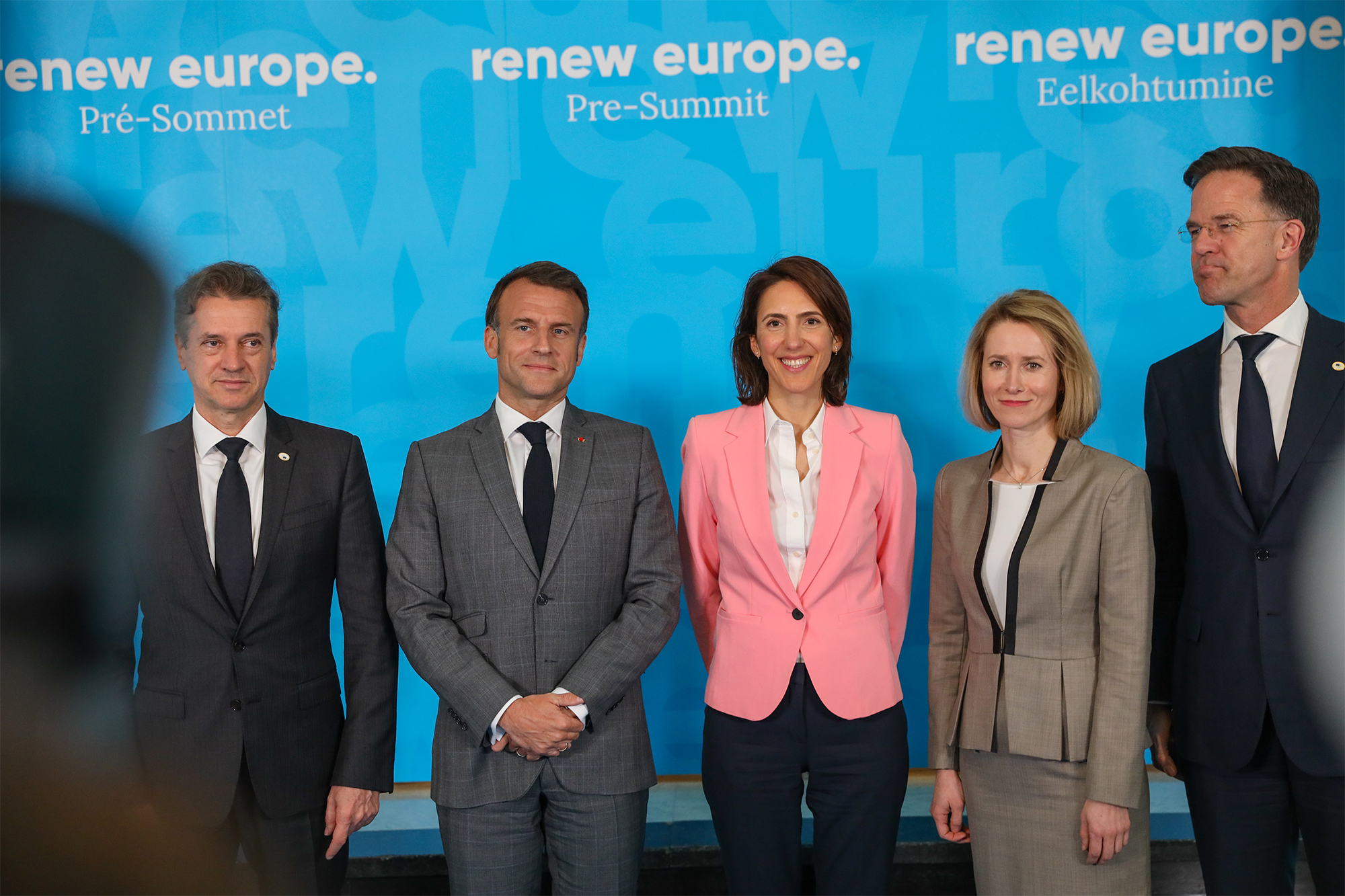 Photo: The Renew Europe group appeared in the EP in 2019 (flickr.com)
Photo: The Renew Europe group appeared in the EP in 2019 (flickr.com)
In March of this year, the head of the Renew Europe group in the European Parliament, Valérie Hayer, visited Kyiv and met with President Volodymyr Zelenskyy.
"We strongly desire Ukraine to win the war. We have repeatedly emphasized that this concerns Europe's security," she said during her visit to Kyiv.
The Greens/European Free Alliance (Greens-EFA)
The Greens/European Free Alliance (Greens-EFA) group consists of two eponymous European parties. The Greens-EFA includes 72 Members of the European Parliament (MEPs).
Today, the group primarily comprises members of various green movements, as well as MEPs from the European Free Alliance, who represent the interests of national minorities and advocate for their right to autonomy or self-determination.
Members of the German Green Party, which is part of the coalition government in Germany, are among the Greens-EFA. Representatives of the Greens include German ministers Annalena Baerbock and Robert Habeck.
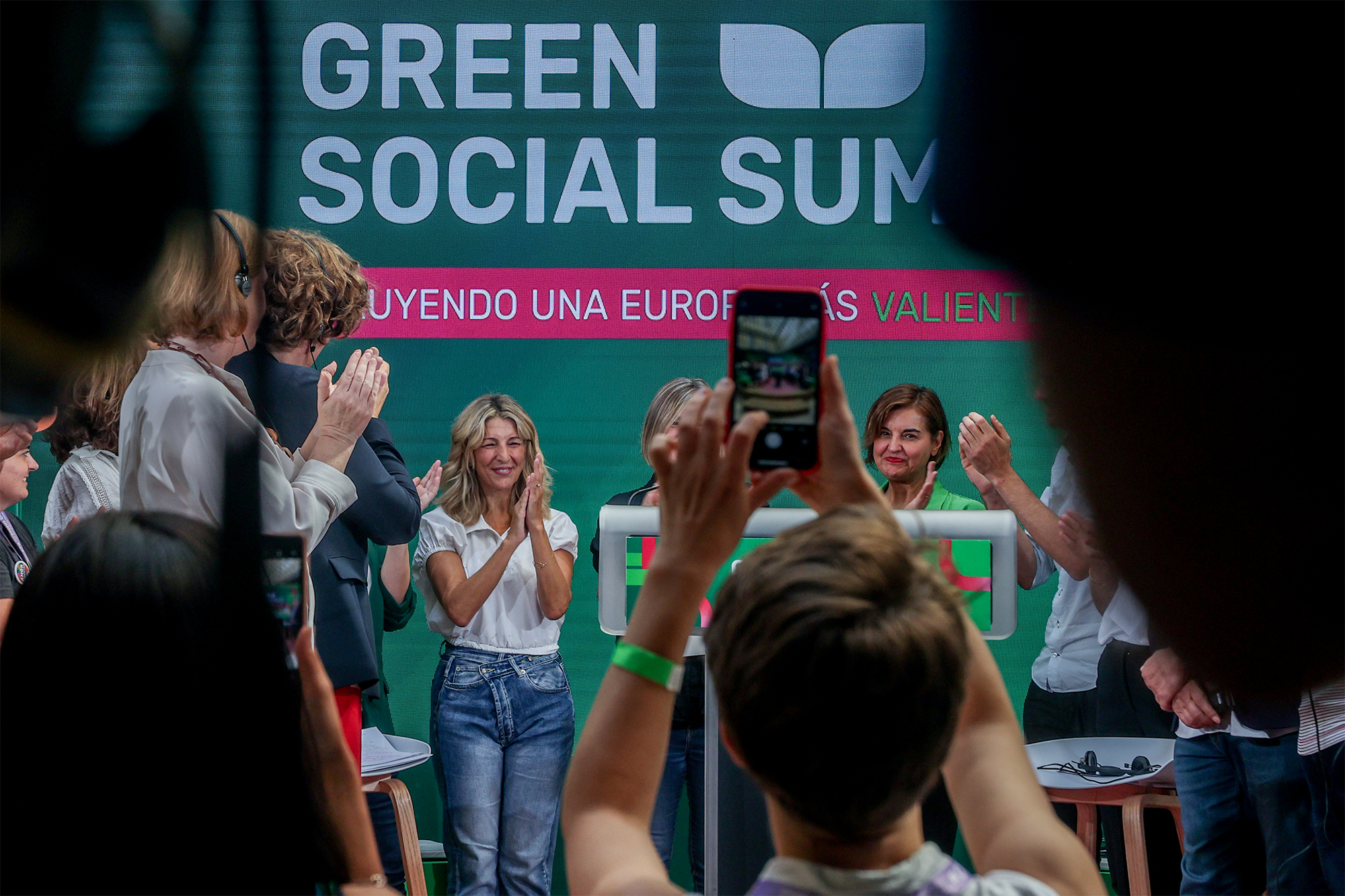 Photo: The Greens-EFA consists of members from various green movements in the EU (Getty Images)
Photo: The Greens-EFA consists of members from various green movements in the EU (Getty Images)
The Greens-EFA's policy focuses on climate protection, the fight for democracy, ensuring social justice and human rights, and the right to self-determination. The Greens-EFA group is also one of Ukraine's allies in the European Parliament.
"We strongly support engaging with Ukraine on its path toward EU accession and advocate for its integration into the European Union. We condemn Russia's aggression against Ukraine and demand the immediate withdrawal of Russian forces to uphold Ukraine's independence and territorial integrity," reads the group's website.
The European Conservatives and Reformists (ECR)
The European Conservatives and Reformists (ECR) group was formed after the 2009 European Parliament elections by European conservative parties initiated by the British Conservatives. Today, it includes 69 MEPs.
Ideologically, the group is primarily Eurosceptic, anti-federalist, and right-wing, with both right-centrist and far-right wings. The group opposes uncontrolled European integration, the EU's expansion, and its potential transformation into a federal European superstate.
The largest party in the group is Poland's Law and Justice party, represented by Polish President Andrzej Duda and former Prime Minister Mateusz Morawiecki.
Despite their Eurosceptic views, the ECR consists mainly of pro-Ukrainian and anti-Russian parties. Thus, on issues of Russian aggression and EU integration, the group firmly supports Ukraine.
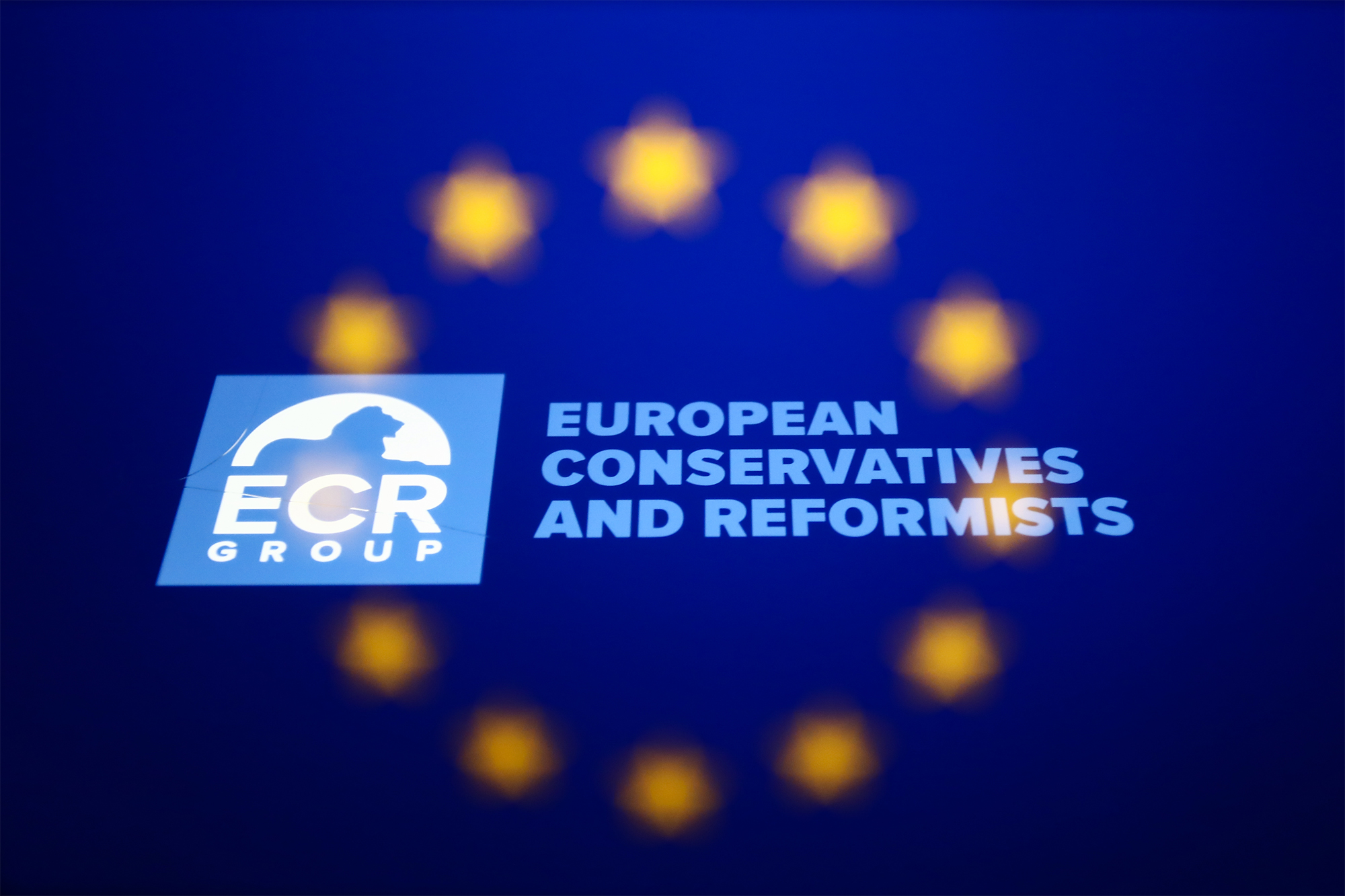
Photo: The ECR group is a staunch supporter of Ukraine in the European Parliament (Getty Images)
Together with other pro-Ukrainian groups, such as the EPP, S&D, Renew Europe, and the Greens, the ECR has repeatedly called on the European Union to fulfill its commitment to support Ukraine and increase military assistance.
"There cannot be Ukraine fatigue in Europe when not only the security of Ukraine but also the security of the entire European continent depends on Russia not winning this war. The EU must leave no doubt that it will maintain its resolve to support Ukraine in freeing its people, liberating its territories, and re-establishing full control over its entire territory within internationally recognized borders," stated a joint declaration of the groups in January this year.
Identity and Democracy (ID)
Identity and Democracy (ID) is a far-right group founded by French politician Marine Le Pen in June 2019. Today, ID has 49 seats in the European Parliament.
ID includes nationalist, populist, and Eurosceptic national parties with pro-Russian views. It is the successor to the Europe of Nations and Freedom group, which existed in the previous European Parliament.
The head of the group in the European Parliament is Italian politician Marco Zanni, a representative of the openly pro-Russian right-wing Lega Nord party.
Until recently, the German right-wing populist party Alternative for Germany (AfD) was part of ID, known for its close ties with Russia and even receiving funding from Moscow.
AfD holds openly anti-Ukrainian and anti-Western positions and spreads Russian narratives about the war in Europe. For instance, party leader Tino Chrupalla stated that the end of the Russian war with the loss of Ukrainian territories would be a good day and compared Ukraine to Nazi Germany. Additionally, AfD was accused of helping Russia hinder military support for Ukraine from the European Union.
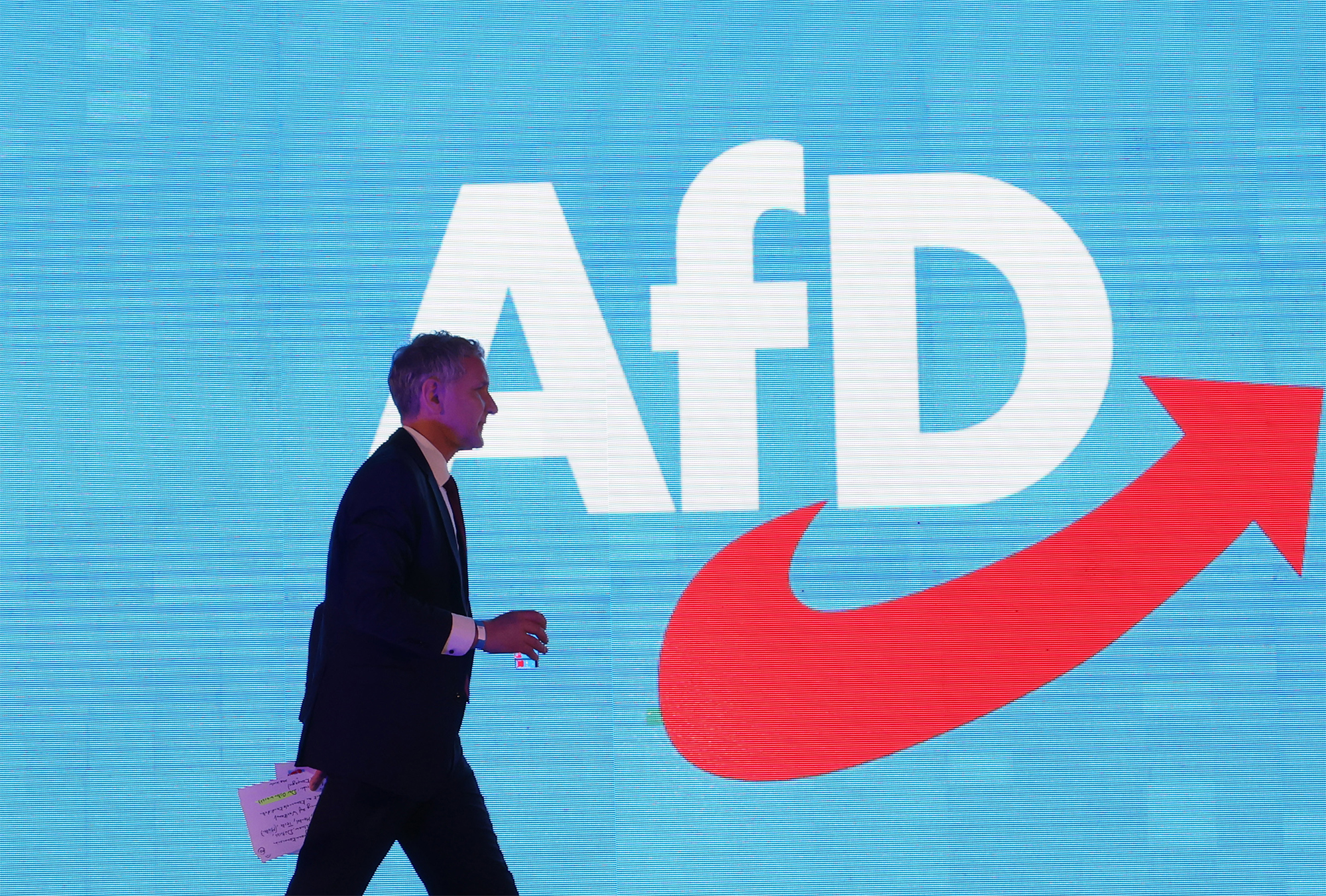 Photo: The AfD was part of the Identity and Democracy group (Getty Images)
Photo: The AfD was part of the Identity and Democracy group (Getty Images)
However, just two weeks before the European Parliament elections, the Identity and Democracy group expelled AfD from its ranks. This step was taken after the lead candidate from AfD, Maximilian Krah, stated that not all Nazi SS units were criminals. This statement cost him his position in AfD's leadership and his candidacy in the elections.
Nevertheless, other ID members do not significantly differ from the German AfD in their views on Ukraine. Therefore, this group can be considered an enemy of Ukraine.
The Left in the European Parliament (GUE/NGL)
The Left in the European Parliament (GUE/NGL) is a left-wing political group whose members belong to various communist, socialist, and environmental parties from EU countries. Today, GUE/NGL includes 37 Members of the European Parliament.
Unlike the far-right Identity and Democracy, the Left group tries to maintain a balanced stance on Russian aggression toward Ukraine. According to the GUE/NGL website, the faction condemns Putin's regime's war and stands in solidarity with Ukrainians who are suffering and losing their lives and homes, as well as with Russians who oppose the war despite repression.
At the same time, GUE/NGL calls for a ceasefire and the withdrawal of Russian troops from Ukraine. However, to achieve this goal, the faction believes that the EU and NATO must stop actions that undermine the possibility of dialogue and act as mediators in negotiations between Ukraine and Russia.
Furthermore, GUE/NGL opposes the militarization of the European Union, which is expressed in the buildup of military power and the defense industry within the EU.
"No to war. No to escalation. No to EU militarism," succinctly describes the faction's political views.
Earlier RBC-Ukraine reported on how elections to the European Parliament are conducted.
Sources: publications from the websites of European Parliament groups, Ukrinform and The Guardian, as well as statements from European politicians.
